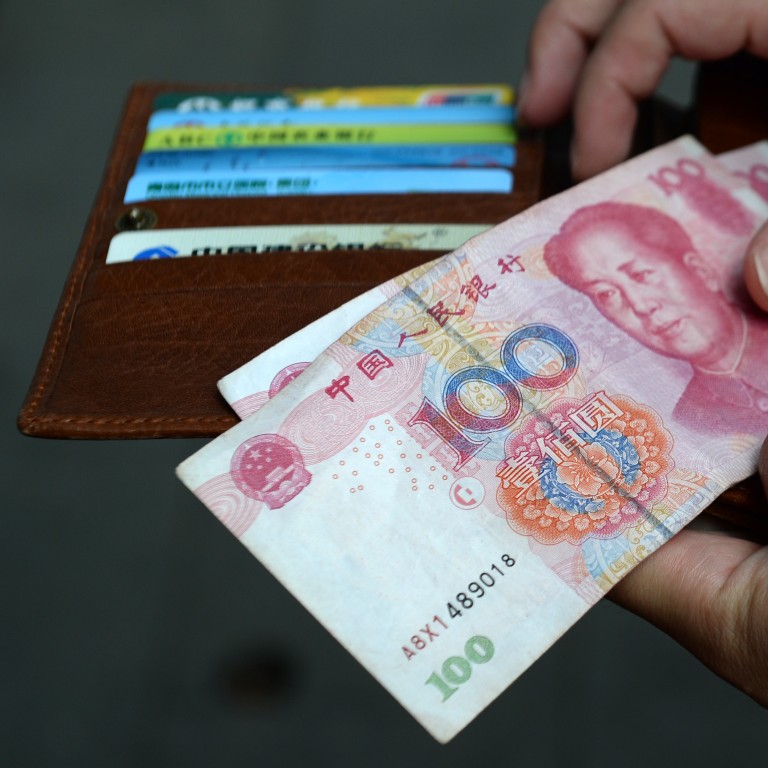
China’s central bank ramps up pressure on yuan bears as currency dives toward record low offshore
- Currency traders trying to bet against the yuan are facing growing headwinds from China’s efforts to ramp up the cost of doing so in Hong Kong
- The PBOC plans to issue more yuan-denominated bills than are maturing in Hong Kong next week, a move that will pressure borrowing costs with liquidity already tight
The costs for banks to borrow the yuan from each other in Hong Kong surged across the curve this week, with the rate on three-month contracts extending a five-year high on Wednesday. That means it is getting more expensive for traders to borrow the Chinese currency in the overseas market and sell it against the dollar.
On Wednesday, the PBOC said it plans to issue more yuan-denominated bills than are maturing in Hong Kong next week, a move that will also pressure borrowing costs with liquidity already tight in the run up to quarter-end. That marks a second straight month that Beijing has raised its sales of yuan bills.
While engineering a liquidity crunch overseas is an effective tool to squeeze yuan bears, it is not a preferred one due to the high reputational cost it carries. Such a measure can dent the offshore yuan’s image as a more liberalised version of its onshore counterpart and also hurts Hong Kong’s role as an Asian financial centre free of China’s control.
The yuan’s three-month interbank rate in Hong Kong, known as Hibor, rose to 4.23 per cent on Wednesday, while the one-month tenor climbed to 4.79 per cent. The overnight rate rose beyond 5 per cent for the first time since April 2022, moving toward the comparable borrowing costs for the US dollar.
The offshore yuan gained 0.2 per cent to 7.2878 per dollar.
The yuan has been weighed by concerns about China’s sluggish growth and its widening monetary policy divergence with the US that reduces the yuan’s appeal versus the higher-yielding dollar. While Beijing’s defence measures have helped stabilise the yuan somewhat, scepticism remains about whether such tools are game changers in the absence of a less hawkish Federal Reserve or a pickup in the world’s second-largest economy.


